Taking Care of the Planet
At Wild Horse Winery we are committed to innovative winegrowing methods and sustainable agricultural practices that will maintain and enhance our vital natural resources for the long term. Water conservation, recycling practices and preserving nearby habitats are a core value of the Winery.
Water Resources
The Wild Horse vineyard is blessed with two underground water sources. The Salinas River water formation, located approximately 120-feet below the surface, services the winery and domestic uses of the property. The agricultural well, which draws from the 350-foot deep Paso Robles formation, supplies water to the vineyards.
The drip system on this vineyard is elaborate. Water is drawn from a reservoir into a sand filter system to remove potential emitter-clogging sediment and then delivered to the drip system, which is set up in five-acre blocks of the vineyard. The drip irrigation system is typically put to use in June, as winter rainfall and frost protection runs provide ample soil moisture for early season growth.
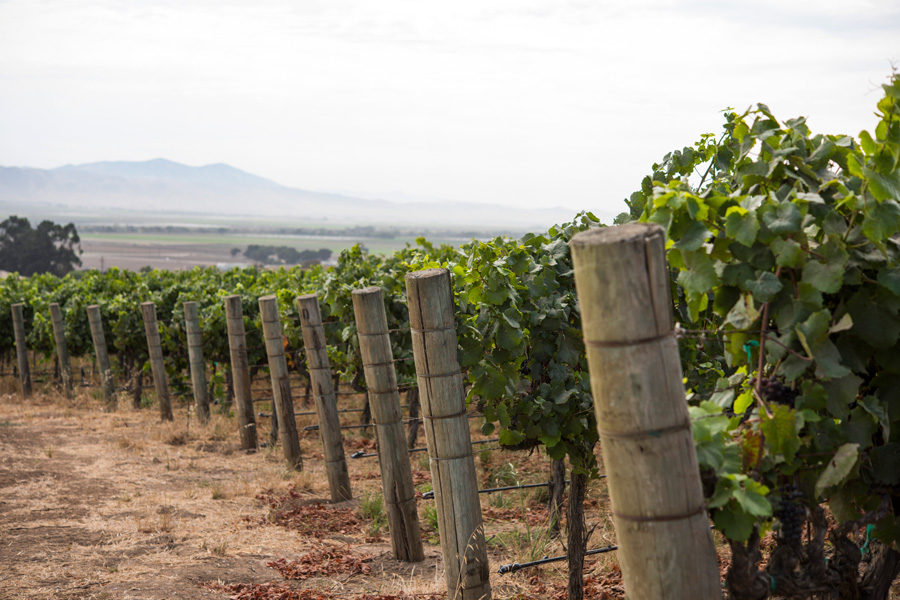
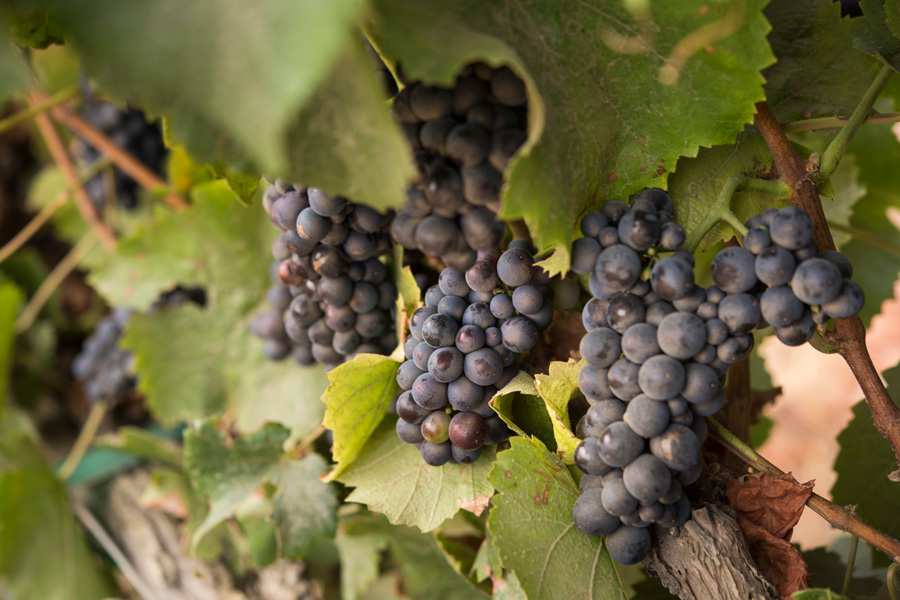
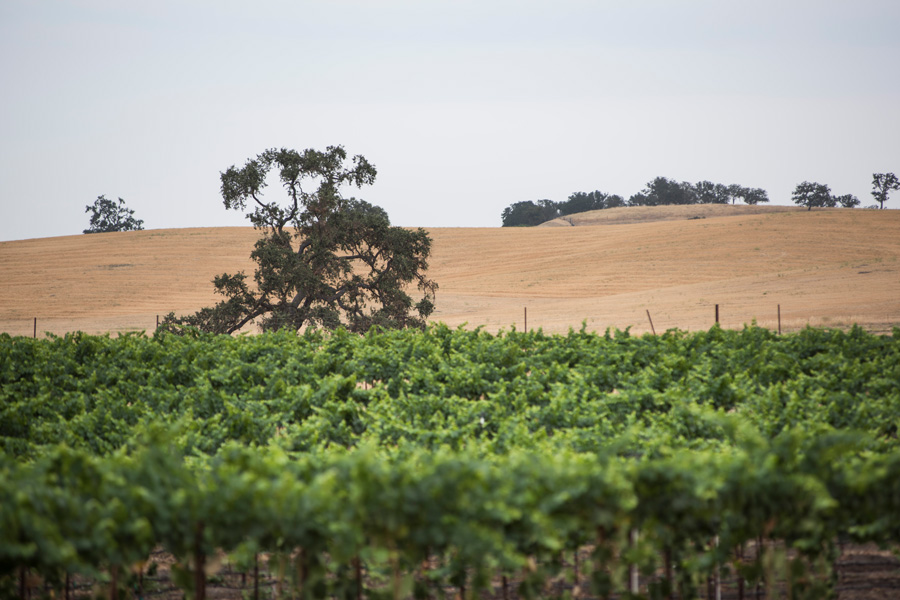
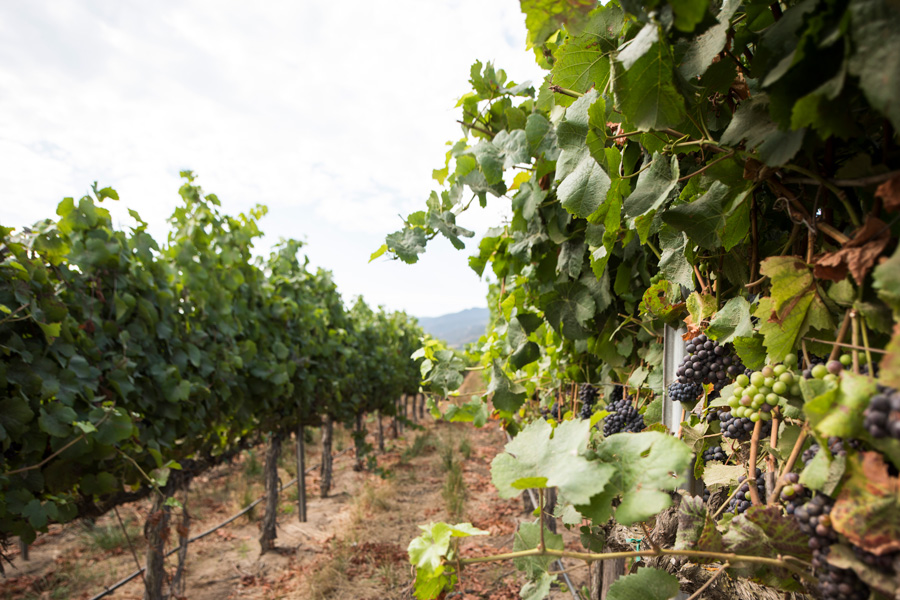
Water Matters
Processed water is recycled in three aeration ponds. The aerators maintain a healthy aerobic bacteria digestion of winery wastewater. The recycled process water is then combined with well water and used for irrigation and frost protection in the vineyard. This practice dramatically improves water usage efficiencies.
Clumps and Mounds
Wild Horse uses grape pomace (which is the combination of grape skins, stems and seeds left after pressing juice from the grape) as compost for use in the vineyards and other farming operations.
Insect Dormitories
Cover crops provide a home for beneficial insects while controlling erosion and conserving soil. Nitrogen-fixing legumes and clover are cultivated in vine row centers, building nitrogen and biomass into the soil horizon.
Critters on Patrol
Owl boxes strategically placed around the property promote the habitation of nesting barn owls, which in turn, suppress gopher and rodent predation of the grape vines.
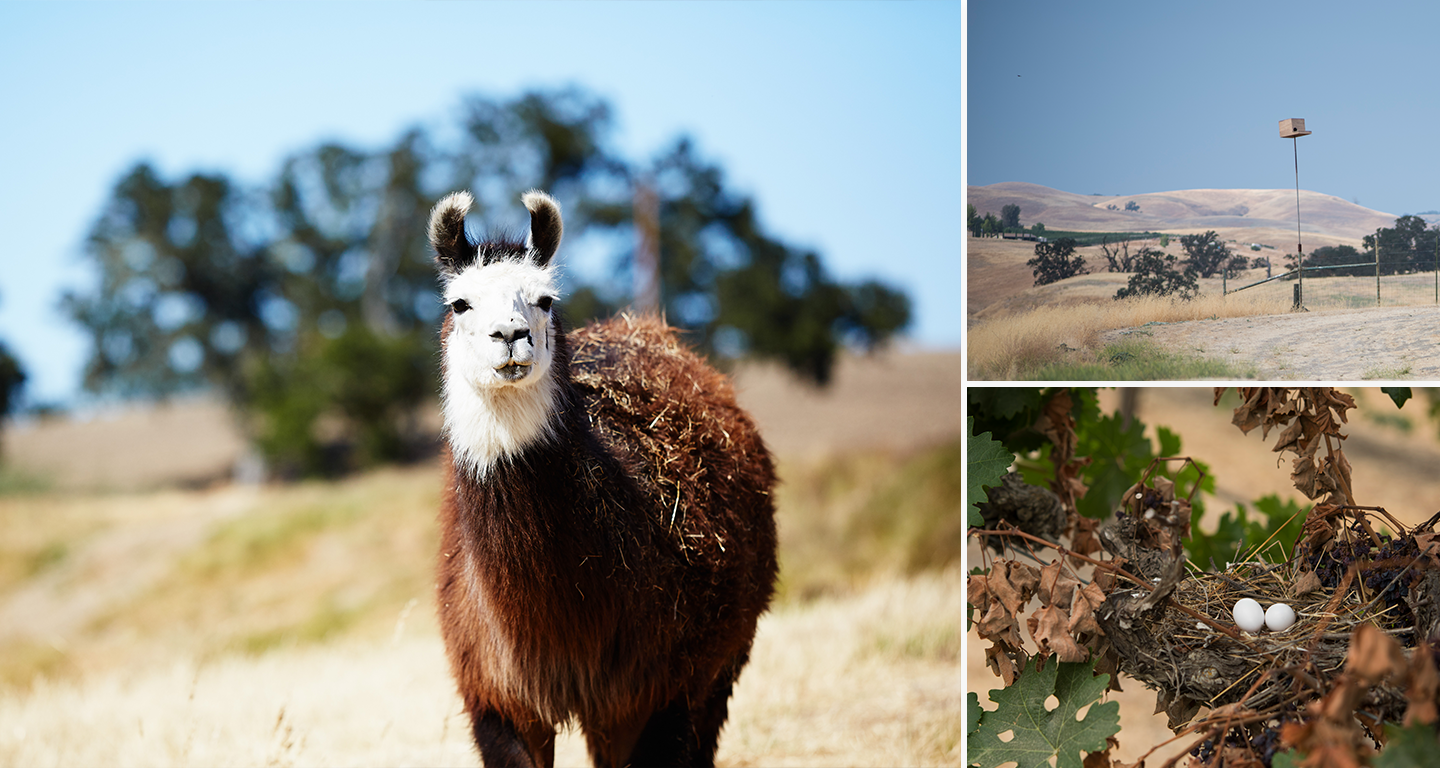



A birthdate is required. Please provide your birthdate.
{* #socialRegistrationForm *} {* birthday *}